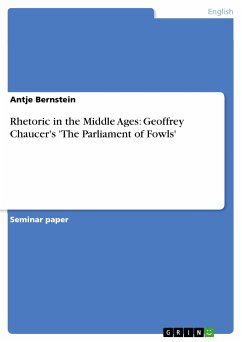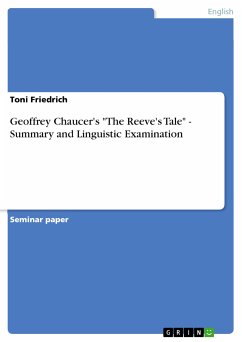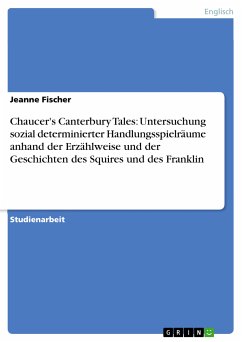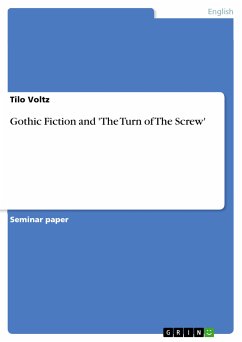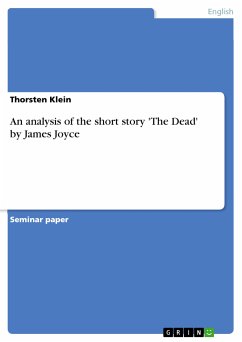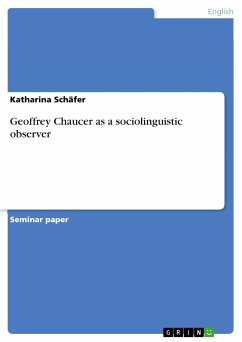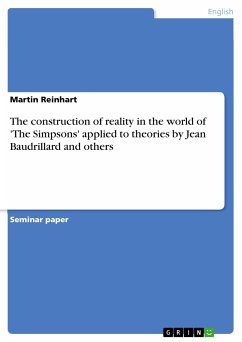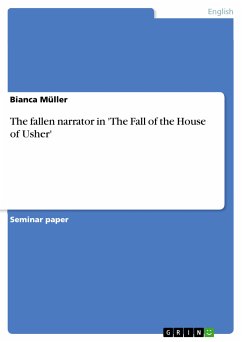Seminar paper from the year 2006 in the subject English Language and Literature Studies - Literature, grade: 2,3, Ernst Moritz Arndt University of Greifswald, language: English, abstract: In the Middle Ages rhetoric played a much more important role than it does nowadays. Replaced by sciences like aesthetics, psychology or stylistics1 in our time rhetoric was of central interest in scholarly life back then. It was not simply reduced to the science of tropes and figures like it is often done nowadays but there was much more to it in the Middle Ages. Based on the rhetorical tradition of the antiquity rhetoric was the art of speech, which already shows that it was a broad subject. It will therefore be of importance to give a general overview of rhetoric in those days and to look at one author in particular to illustrate how rhetoric was used. One of the most important and best known authors of the Middle Ages is Geoffrey Chaucer. That is why he will be considered as a representative of the rhetoricians of his time in this term paper. The following chapters will deal with rhetoric in the Middle Ages in general and with Chaucer as a rhetorician of that time in particular. This term paper will not only summarise what rhetoric was like in those days but, moreover, it will examine the most important features of Chaucer’s poetical style. Finally a closer look at The Parliament of Fowls, one of Chaucer’s minor poems, will make clear how Chaucer used rhetorical devices and other language ornaments to make his works aesthetic and to get his message across. While reading Chaucer it has to be kept in mind that his poems were not published as books to be read but were presented to an audience. That is why it will be of interest to examine the way the oral character is created in Chaucer’s poems. Rhetorical devices were originally used to make a text or speech aesthetic and persuasive and nowadays they are often used as the starting point for interpretations of a text because it is assumed that there must be a connection between the style and the meaning of a poem. This term paper, however, is not supposed to contribute to the understanding of Chaucer’s The Parliament of Fowls in the first place or even to provide any interpretations of the poem as a whole but it shall give an insight into Chaucer’s rhetoric and focus on selected examples of this poem. It deals with Chaucer’s poetical style and not with the deeper meaning of his poem. Nevertheless some rhetorical features cannot be explained without looking at certain possible interpretations of them.

